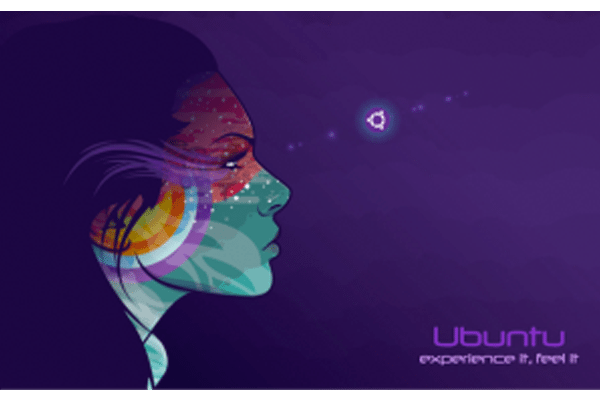A few days back I read the book, “Ubuntu” by Stephen Lundin & Bob Nelson. The key message of the book – for me, resonated with some people I know and to some extent with some of our Indian philosophy as well. The book narrates an interesting story of an organization, which was struggling to reach the top even after putting every right process in place. What then, was the issue?
The answer to this question points towards a much larger issue faced in our society – the lack of compassion, empathy and brotherhood. And that’s exactly what Ubuntu stands for; it stands for an African tradition of Teamwork & Collaboration. Its been explained in a lucid way by Mr. Nelson Mandela as follows: “In Africa there is a concept known as ‘ubuntu’ – the profound sense that we are human only through the humanity of others; if we are to accomplish anything in this life it will in equal measure be due to the work and achievements of others.”
Hey does that ring a bell? Does it sound similar to something in our own Indian philosophy?
But of course! A phrase from the Upanishads that many Indians would have heard of is “Vasudhaiva Kutumbakam” (Sanskrit: “vasudha”, the earth; “iva” = is as a; and “kutumbakam”, family;) is a Sanskrit phrase that means that the whole world is one single family. The connotation being that the good of everybody will naturally bring our own good.
The question then is – is Ubuntu just another well-meaning concept or does it have any relevance in todays’ competitive environment? Can Ubuntu really help our organizations and our society to be a better place?

The answer by my experience is definitely a YES. By the nature of our work, we get an opportunity to work with and closely watch a large section of people coming from different functions, ethnicities and industries. What we have come to realize is that there is a surprising similarity to the behaviors displayed and the challenges faced by different people. Something that teaches me that regardless of the varied jobs, functions & roles we perform – there is a common thread of humanness that runs through all of us. Similarly, ever so often we also come across people who display this “Ubuntu” quality.
A few months back, in the midst of a workshop – I was facilitating at a challenge station. Successful completion of the challenge would win teams bonus points. Every team had to go through a struggle to achieve the objective. Being hyper-competitive as most corporate teams are – the teams would then race ahead.
In one of the teams, was a middle-aged gentleman – Mr. Anubhav. His team took the challenge and cracked it in some time. While his team moved on to the next challenges, this gentleman made an effort to go to each team, which had not managed to crack the challenge, and guided them to succeed too. Later on, in the debrief of the activity, he shared why he did so, even though the workshop was in a competitive format. His answer revealed an Ubuntu mindset. “We get so many opportunities to complete internally and in the market,” he said, “But its important to look for opportunities to help others” For him winning in the traditional sense, was not the most important thing. Rather, helping every team succeed was more important. That moment of sharing, helped spread a feeling of brotherhood and pulled that particular team closer together in a special way.
Recently I had another personal Ubuntu experience. I was in Pondicherry, doing the pre-work for a workshop, when I realized that I had lost my wallet. To make matters worse, I suddenly came down with a high fever that needed me to see a doctor urgently. Without a penny in my pocket and my colleagues slated to come in only the next day evening, everything seemed difficult. I went to the hotel reception to check for some medicines. To my luck, the manager was an Ubuntu person. One look at me and he suggested that I should be seeing a doctor. On knowing my situation, he acted swiftly. He arranged for transporting me to the hospital, paid my bills and advised the hotel staff to take good care of me till I got well. Helping me was not his job. Neither did he expect or take any reward from me later. He acted (consciously or unconsciously) purely out of a feeling of humanity that connects all of us. A feeling by which he cared for a stranger like me, just as he cared perhaps for his own family. He was truly an “Ubuntu Person”.
There may be many things responsible for happiness and love in this planet, but Ubuntu people are definitely one of them. Think about it – do you know any Ubuntu people in your life? What about yourself – Are YOU an Ubuntu person?










